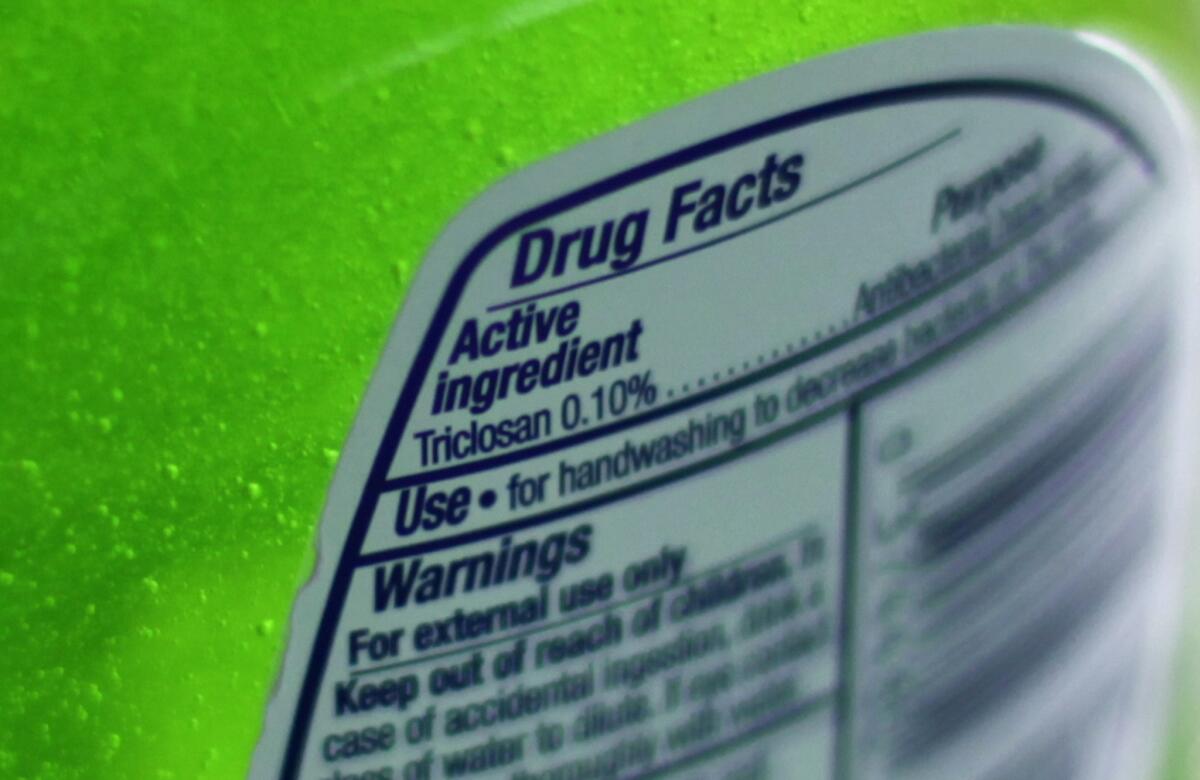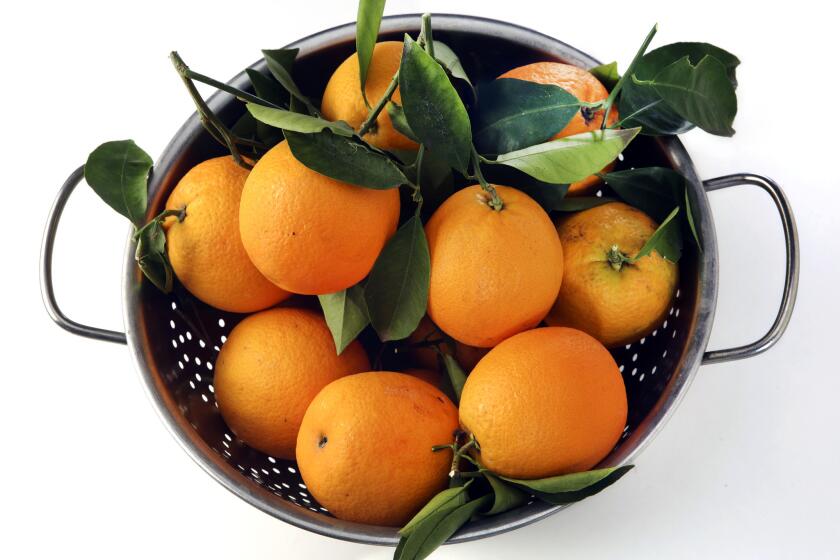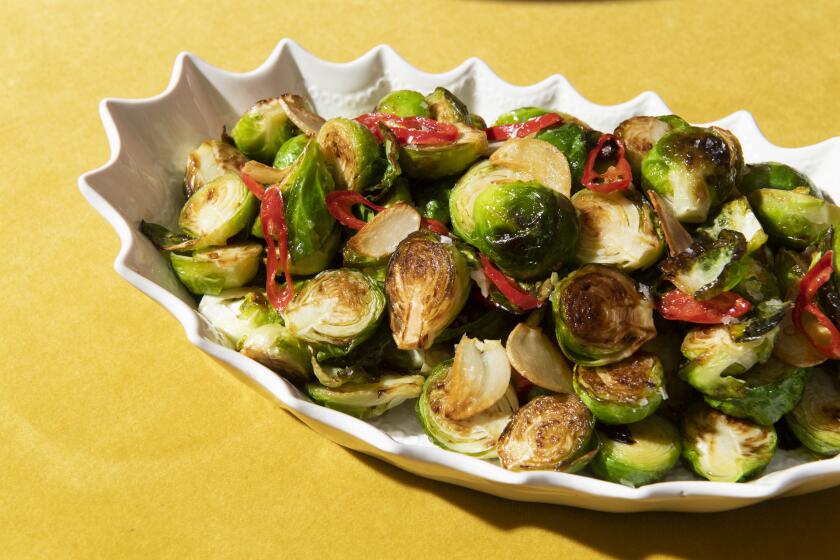The internet says you should use soap to clean your groceries. Don’t listen.

According to the CDC, there is no evidence to support transmission of COVID-19 associated with food.
Given the continued uncertainty and anxiety around coronavirus, the natural response is a desire to protect ourselves in every possible way. For many, that has meant washing produce with dish soap, antibacterial wipes, disinfecting sprays and other household cleaners.
There is only one word I need to address those practices: Don’t.
Because what we do know for certain is that cleaning products aren’t meant for human consumption. Yes, there was a viral video of a doctor doing it — but he has since renounced the practice.
In a story I wrote about how to wash fruits and vegetables, I concluded with a quote from a food scientist who suggested the practice, and I regretfully left the option of doing the same up to you. I apologize for not explicitly stating that you should not, so I removed that quote and report now: Experts say to not use dish soap or other household cleaners to wash your produce.
If you’re worried about coronavirus on fresh produce, you don’t need to be, especially if you follow these tips for washing fruits and vegetables.
The FDA and USDA say you should not wash produce with soap; a peer-reviewed publication from UC Davis explains that antibacterial soap and dish detergent residues can remain on the produce. Fruits and vegetables are porous and those microscopic pores can absorb the residues, which are not for human consumption.
Perhaps more convincing are messages from the companies and organizations that would financially benefit from increased soap and produce sales. In the safety data sheet of Dawn dishwashing detergents, it states: “Ingestion: May result in nausea, vomiting and/or diarrhea.”
Dr. Max Teplitski, chief science officer of the Produce Marketing Association, instructs, “Wash produce only immediately before consumption. Do not spray it with household chemicals, do not wash produce with soap or laundry bleach.” Laundry bleach has additives not allowed for food contact or human consumption. Additionally, Teplitski notes that there are “a number of peer-reviewed studies” that consistently show “there is no statistically significant difference in the removal of viral particles from produce surfaces using running water and scrubbing versus using food-grade surfactants (detergents).”
Here are eight tips for cooking clean in your own kitchen to prevent germs from spreading and to make the cooking process more pleasurable.
Also, just because the question has come in from numerous readers: If it is safe to wash my dinnerware with detergent, why is that same detergent not safe on lettuce and apples? The answer, to cut to the chase, is that you do not eat your plates and spoons and knives. Also, they are made of nonporous materials that do not absorb detergent the way fresh food can.
If you’re still anxious about your produce, stick to what we do know for sure: Germs on fruits and vegetables are killed when cooked. And I promise you that cooked produce is delicious. You can roast it in the oven or stir-fry on the stovetop. Or, try any of these 10 easy dishes — and you can find a lot more recipes on our site.
Applying heat to vegetables intensifies their natural sweetness and makes them extra delicious.
More to Read
Eat your way across L.A.
Get our weekly Tasting Notes newsletter for reviews, news and more.
You may occasionally receive promotional content from the Los Angeles Times.













